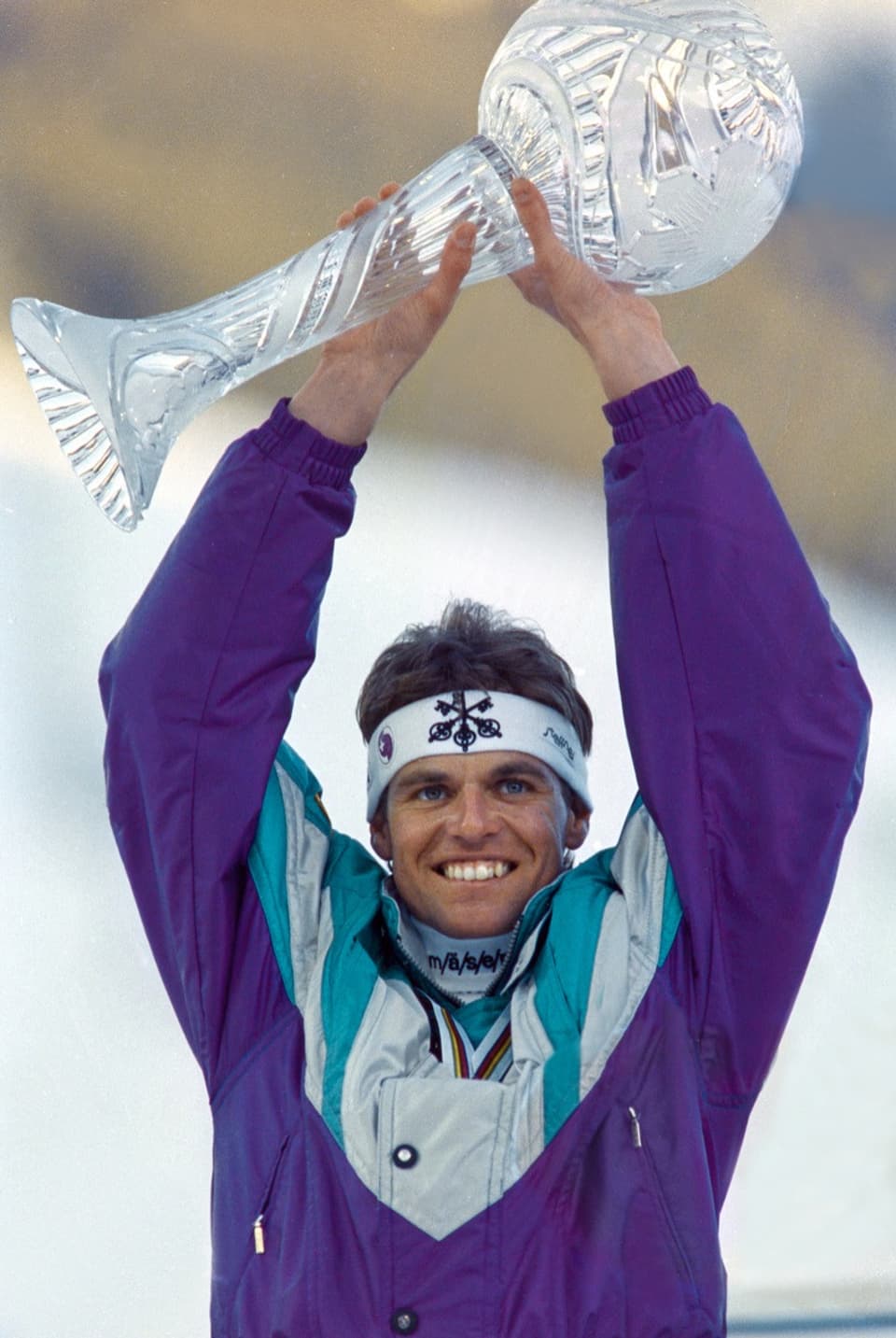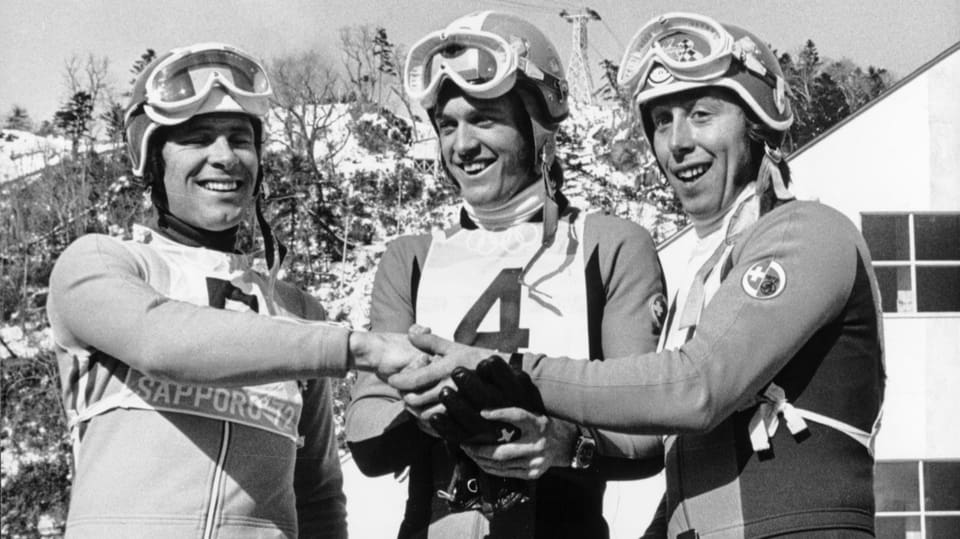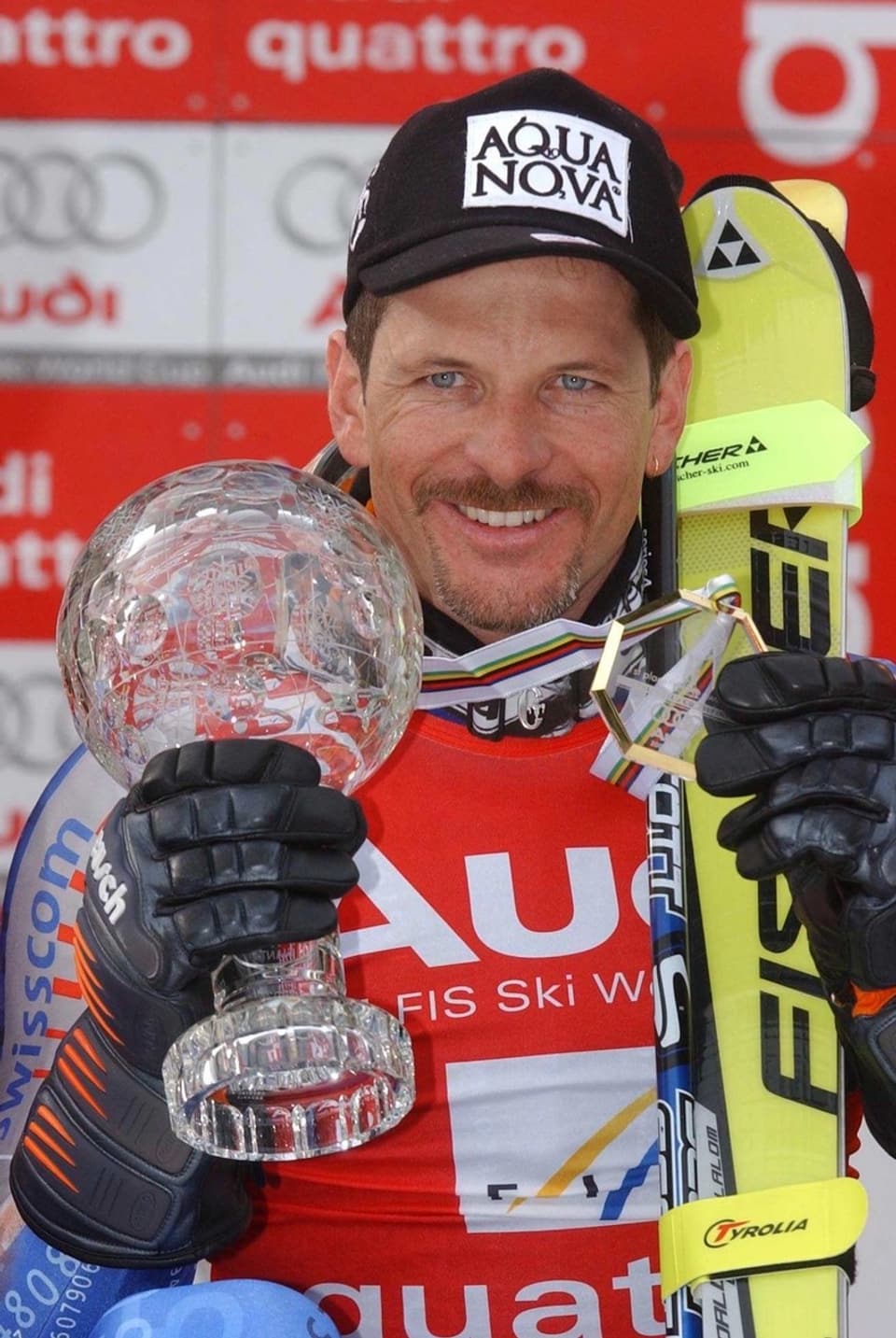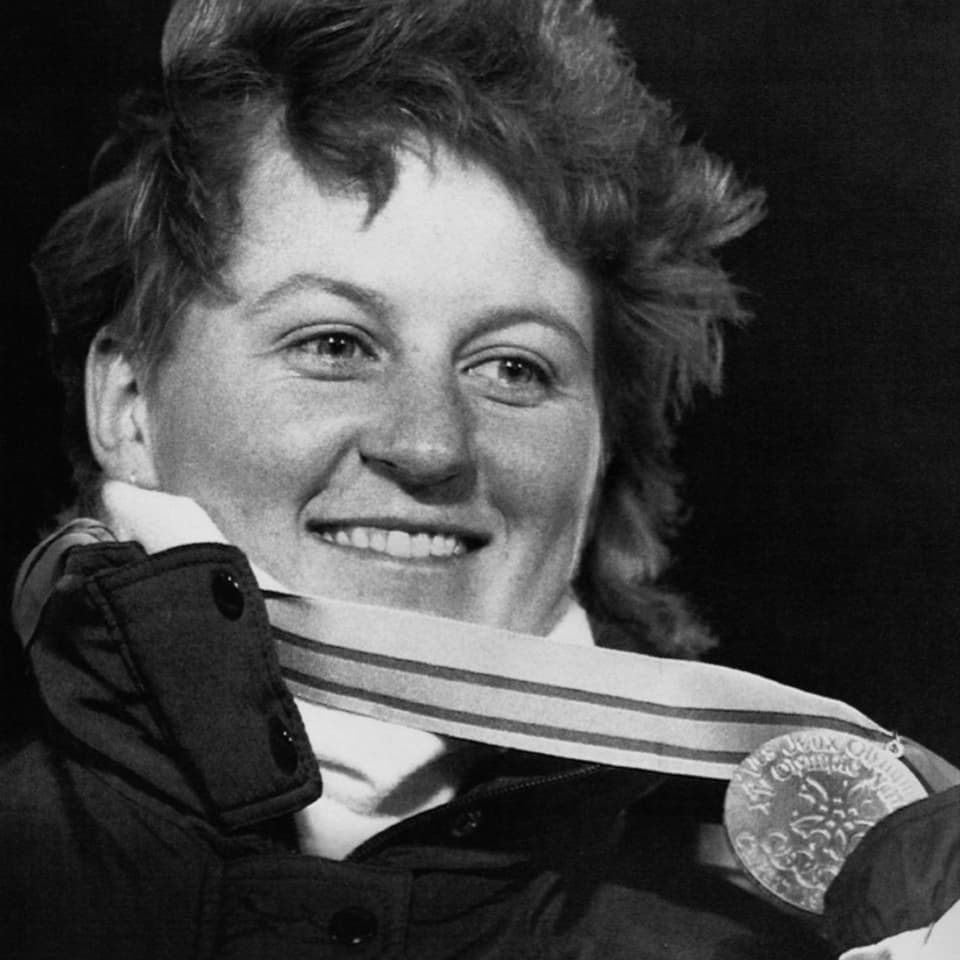Contents
Winter sports enthusiasts invest a lot in their careers. But at some point it’s over. What follows is tough.
They train a large part of the day, sacrifice valuable family time and forgo evenings with friends. Athletes give a lot for their careers. But only a fraction of them bring home medals, money and fame.
Again and again, a career does not fail because of the lack of skills of the athletes, but it has to be ended prematurely due to illness or accident. As a result, athletes can get into financial difficulties. The “Golden Days Sapporo 1972” foundation supports these people – for example with a golf tournament.
One shot at a time for a good cause
Former winter sports enthusiasts have gathered on a golf course in Küssnacht am Rigi. They donned their golf outfits for the charity tournament organized by the “Golden Days Sapporo 1972” foundation. The motto: winter sports enthusiasts in need.
There are many who just had bad luck and you have to help them.
Former ski racer Bernhard Russi also swings his golf club. He is the president of the foundation. For him, it goes without saying that he supports those who are less fortunate than he is: “Many people who invest exactly the same amount don’t get a place in the sun. And this despite the fact that those who have made it are not necessarily better or have achieved more – on the contrary. There are many who were just unlucky and you have to help them.”
Former athletes gathered on the golf course know how hard it is to end sports career. Even if it is done voluntarily.
The big question: What comes after sport?
Former skier Brigitte Örtli, who twice won silver at the 1988 Olympic Games, explains: “Ending your career is funny. Because that’s something you’ve been doing since you were a kid. And suddenly, in your late 20s, something that your heart is about stops. You feel like you’re in a strange world.”
Legend:
Brigitte Örtli poses with one of her two silver medals at the February 1988 Winter Olympics in Calgary, Canada.
Keystone / STR
In order to find their way in this strange world, the athletes need one thing above all: employment. Downhill world champion from 1991, Franz Heinzer, says: “It’s pretty intense. It’s best if you then immediately find another job that involves new challenges.”

Legend:
Franz Heinzer celebrates his downhill victory at the Alpine World Ski Championships in Saalbach. (Recorded January 27, 1991)
Keystone / STR
Bernhard Russi, who brought home an Olympic gold medal in Sapporo in 1972, also knows how crucial distraction is: “It is very important that you have a second job. I also needed a start number replacement. For me it was two things at the time: golfing and climbing.”

Legend:
Bernhard Russi (centre) wins Olympic gold. Together with the Swiss Roland Collombin (right) and the Austrian Heinrich Messner (left) he celebrates victory in the men’s downhill at the Olympic Winter Games in Sapporo on February 7, 1972.
Keystone / STR
But some don’t want to leave skiing entirely. For example, the former giant slalom driver Michael von Grünigen. It was clear to him even before the end of his career that he wanted to work for his former outfitter afterwards.

Legend:
Ski racer Michael von Grünigen with the World Cup bullet after the last giant slalom race of the season in Hafjell in 2003.
Keystone / Cornelius Poppe
“I competed in the World Cup for 15 years. Especially in the last few years I’ve been thinking about how to proceed. That’s when I decided that I wanted to stay in this area and move on there.”
